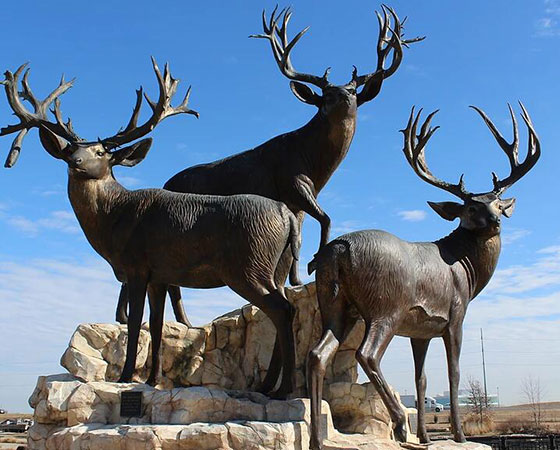
Japanese Names for Snow
Japan’s long winters and deep respect for nature have influenced many aspects of its culture, particularly in naming traditions. The Japanese Names for Snow reflect the beauty, purity, and tranquility of the snow-covered landscapes. These names, often rich in literary and artistic significance, are more than just labels; they convey the spirit and serenity of snow.
In Japan, natural phenomena play a major role in the naming process, with snow being a recurring theme. These names not only establish a connection with the seasons but also carry the hope that the person who bears them will lead a life as clear and pristine as freshly fallen snow.
Unisex Japanese Names for Snow: Timeless and Elegant
Unisex Japanese Names for Snow are cherished for their versatility and the universal appeal of snow’s calm and graceful nature. For instance, the name Yuki, which translates to “snow,” is beloved for its simplicity and purity. It is a name that represents the unspoiled beauty of snow. Similarly, Sora, meaning “sky,” evokes the image of delicate snowflakes floating through the air. Haku, meaning “white,” speaks to the brilliance and untouched quality of a snowy landscape.
Some of the most popular unisex names inspired by snow include:
- Yuki (雪)
Meaning: “Snow”
Pronunciation: Yoo-kee
- Setsuyu (雪雨)
Meaning: “Snow rain”
Pronunciation: Seh-tsoo-yoo
- Yukimi (雪美)
Meaning: “Beautiful snow”
Pronunciation: Yoo-kee-mee
- Yukishiro (雪城)
Meaning: “Snow castle”
Pronunciation: Yoo-kee-shee-roh
- Yukito (雪斗)
Meaning: “Fighting snow”
Pronunciation: Yoo-kee-toh
- Yukishige (雪茂)
Meaning: “Abundance of snow”
Pronunciation: Yoo-kee-shee-geh
- Yukishi (雪史)
Meaning: “History of snow”
Pronunciation: Yoo-kee-shee
- Setsuji (雪路)
Meaning: “Snow road”
Pronunciation: Seh-tsoo-jee
- Yukari (雪莉)
Meaning: “Snow jasmine”
Pronunciation: Yoo-kah-ree
- Yukihiko (雪彦)
Meaning: “Snow prince”
Pronunciation: Yoo-kee-hee-koh
The names above are just a glimpse of the beauty and depth that Japanese Names for Snow offer. They symbolize various aspects of snow, from its purity to its strength and abundance.
Japanese Names for Snow for Boys: Strength and Purity Combined
When it comes to boys, Japanese Names for Snow often reflect qualities of resilience, clarity, and strength, in addition to the calm and purity snow represents. For example, the name Yukio, which means “snow-man,” symbolizes a strong and cool character, much like the firmness of snow in winter. Similarly, Setsu, meaning “snow,” is a simple yet powerful name, while Fuyuki, meaning “winter snow,” evokes the beauty of snow-covered vistas.
Popular Japanese Names for Snow for boys include:
- Yukito (雪人)
Meaning: “Snow person”
Pronunciation: Yoo-kee-toh
- Fubuki (吹雪)
Meaning: “Blizzard”
Pronunciation: Foo-boo-kee
- Setsuto (雪斗)
Meaning: “Snow fighter”
Pronunciation: Seh-tsoo-toh
- Yukimasa (雪正)
Meaning: “Correct snow”
Pronunciation: Yoo-kee-mah-sah
- Yukisato (雪里)
Meaning: “Snow village”
Pronunciation: Yoo-kee-sah-toh
- Yukitaka (雪高)
Meaning: “High snow”
Pronunciation: Yoo-kee-tah-kah
- Yukiharu (雪治)
Meaning: “Snow ruler”
Pronunciation: Yoo-kee-hah-roo
- Yukiteru (雪輝)
Meaning: “Shining snow”
Pronunciation: Yoo-kee-teh-roo
- Fuyuhiko (冬彦)
Meaning: “Winter prince”
Pronunciation: Foo-yoo-hee-koh
- Yukifumi (雪史)
Meaning: “Snow history”
Pronunciation: Yoo-kee-foo-mee
These names often carry deep symbolic meanings and are perfect for boys who are strong, resilient, and calm, much like the snow itself.
Discover the latest news and updates on The Blog Verge





